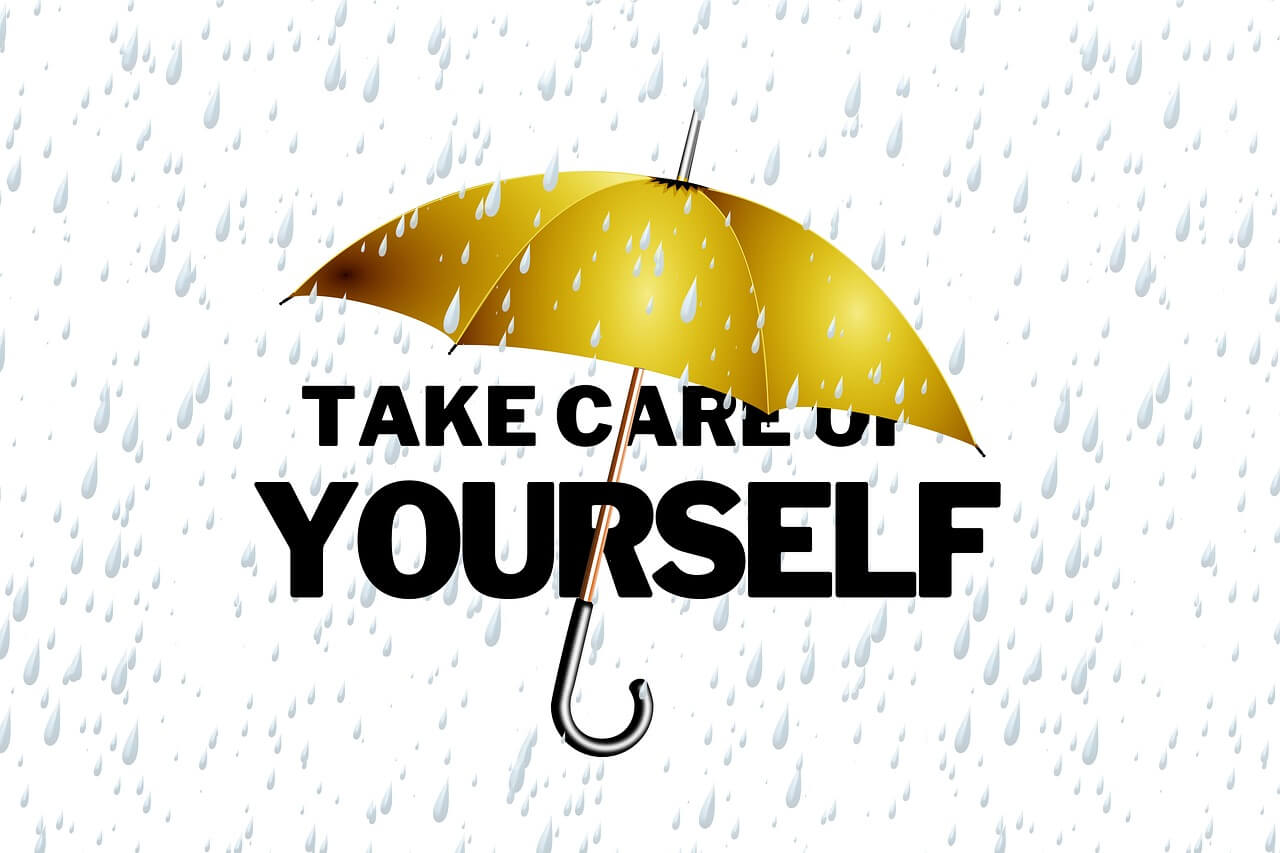How to Take Care of Your Mental Health
Taking care of your mental health is essential for a healthy and happy lifestyle. Unfortunately, it’s not always easy to know where to start. When it comes to self-care, it can be overwhelming to think about all the things you should be doing to keep your mental health in check. But it doesn’t have to be complicated. This guide will provide you with practical, effective tips to help you take care of your mental health and make sure you’re living your best life. From talking to a friend to getting enough sleep, you’ll find plenty of simple, effective ways to look after your mental wellbeing. So, what are you waiting for? Let’s get started on your journey to improved mental health.
What is self-care?
Self-care is the practice of looking after your mental and emotional health. It’s about doing things that make you feel good both physically and mentally, and help you to thrive. Self-care includes things like maintaining good eating and sleeping habits, practicing relaxation techniques, and managing your stress levels. Self-care can be helpful in a number of situations, including when you’re feeling stressed, anxious, or depressed. It can also be a good way to prevent these feelings from happening in the first place, because it allows you to look after your mental wellbeing on a daily basis. When you’re taking care of yourself, you’re more likely to feel less stressed, less anxious, and less depressed, and therefore have more energy to put towards your daily life.
The importance of self-care
We’ve all experienced times when our mental health isn’t as great as we’d like it to be. Unfortunately, these feelings are completely normal, and they affect everyone at some point in their lives. The good news is that there are plenty of things you can do to take care of your mental health and look after yourself when you’re not feeling so great. One of the most important things you can do when you’re not feeling your best is to forgive yourself. It’s easy to put yourself down and to feel guilty when you’re experiencing lower levels of mental health. But it’s important to remember that everyone has ups and downs, and that everyone makes mistakes. It’s important not to be too hard on yourself, but to instead look after yourself when you’re not feeling great.
Practical tips for self-care
Now that you know what self-care is, let’s take a look at some practical ways you can start to take care of your mental health. There are many different approaches to self-care, and you can find the ones that work best for you. Some of the tips below are things you can do every day, while others are more effective as a weekly or monthly routine. – Talk to a friend. One of the best ways to look after your mental health is to talk to a friend. Whether it’s over the phone, in person, or via text, talking to someone who cares about you can help you to feel less anxious and stressed. – Get enough sleep. Getting enough sleep is essential for your physical and mental health, and it can help to reduce your levels of stress and anxiety. Aim for 7-9 hours of sleep each night to improve your mental health and ensure you’re functioning at your best. – Exercise regularly. Regular exercise has been proven to reduce your levels of stress and anxiety, as well as increase your levels of happiness and confidence. Aim to do some form of exercise at least 3 times per week, and you may notice a difference in your mental wellbeing. – Set realistic goals. When you’re feeling stressed, anxious, or depressed, it can be easy to set unrealistic goals for yourself. This can lead to feelings of failure and disappointment when you can’t meet your own expectations. Instead, when you’re not feeling your best, set realistic goals for yourself that you know you can achieve. This can help to boost your mood and self-confidence. – Practice relaxation techniques. There are lots of different relaxation techniques you can try, and they can be a helpful part of self-care when you’re feeling stressed or anxious. Examples of relaxation techniques include yoga, meditation, and deep breathing. – Get organized. When your life is disorganized, it can be difficult to relax and focus on your mental health. Get yourself in a routine that helps you to feel less stressed, and better able to look after yourself. Manage your time effectively, create a to-do list, and try to stick to a schedule that works for you. – Prioritize self-care
How to stick to a self-care routine
Now that you know what self-care is, and how you can start to implement it into your life, the next step is to make sure it becomes part of your routine. This is key to making sure you’re taking good care of yourself, and preventing yourself from slipping back into old habits. Here are a few tips to help you stick to a self-care routine. – Make self-care a priority. When you make self-care a priority, you’re more likely to make sure you’re implementing it into your daily life. Make sure you’re setting aside time in your calendar for self-care, and are making it a priority in your day. – Use visual reminders. Put up visual reminders around your home and workplace that remind you to take care of yourself. This could be as simple as putting a sticky note on your mirror with the words “take a break”, or displaying a picture that inspires you. – Reward yourself. You’ve been working hard to make sure you’re taking good care of yourself, so make sure you reward yourself for doing so. What you reward yourself with is up to you, but it can be helpful to have something to look forward to. – Be kind to yourself. Remember that everyone makes mistakes. There will be times where you don’t make time for yourself, or are too busy with other things to be able to practice self-care. This is normal, and it’s important to forgive yourself for this.










